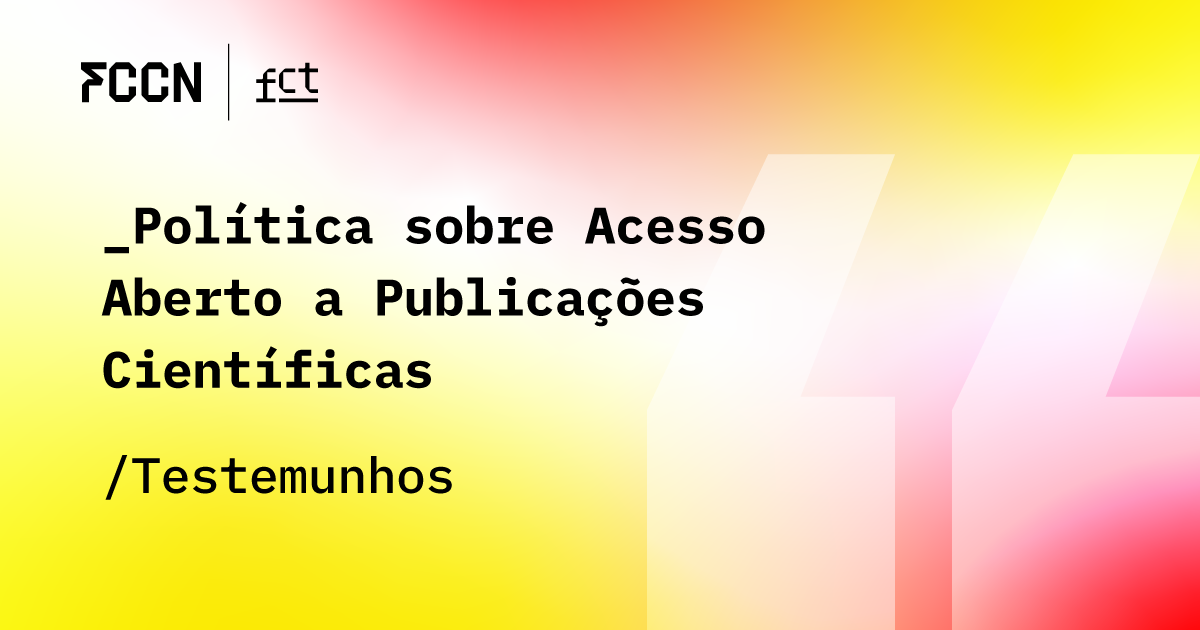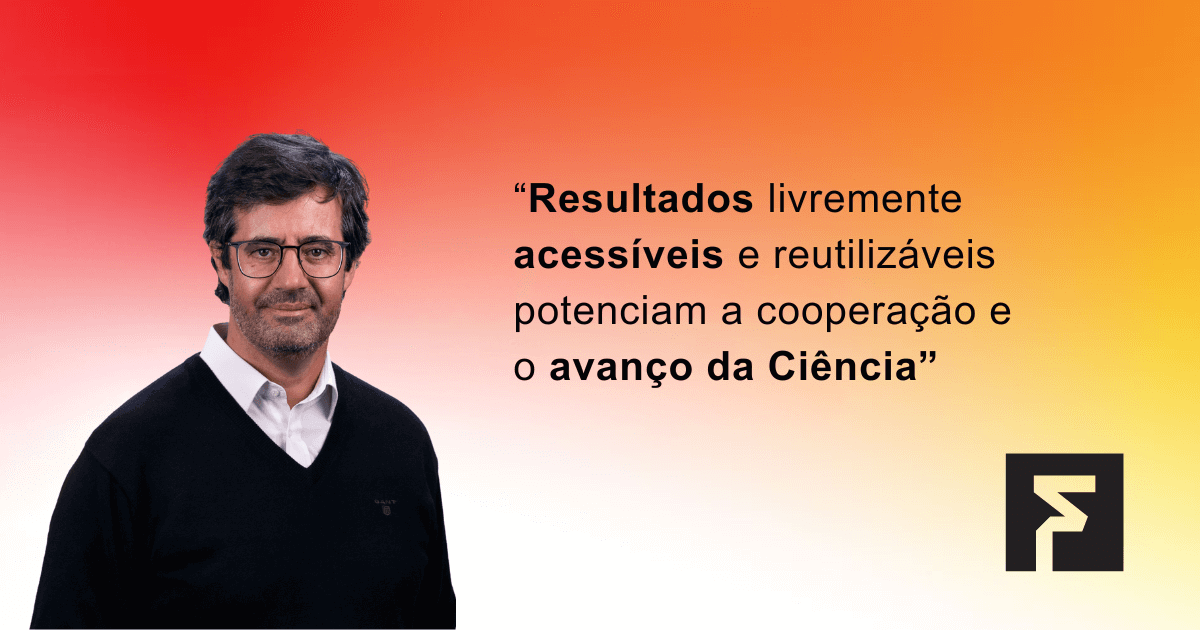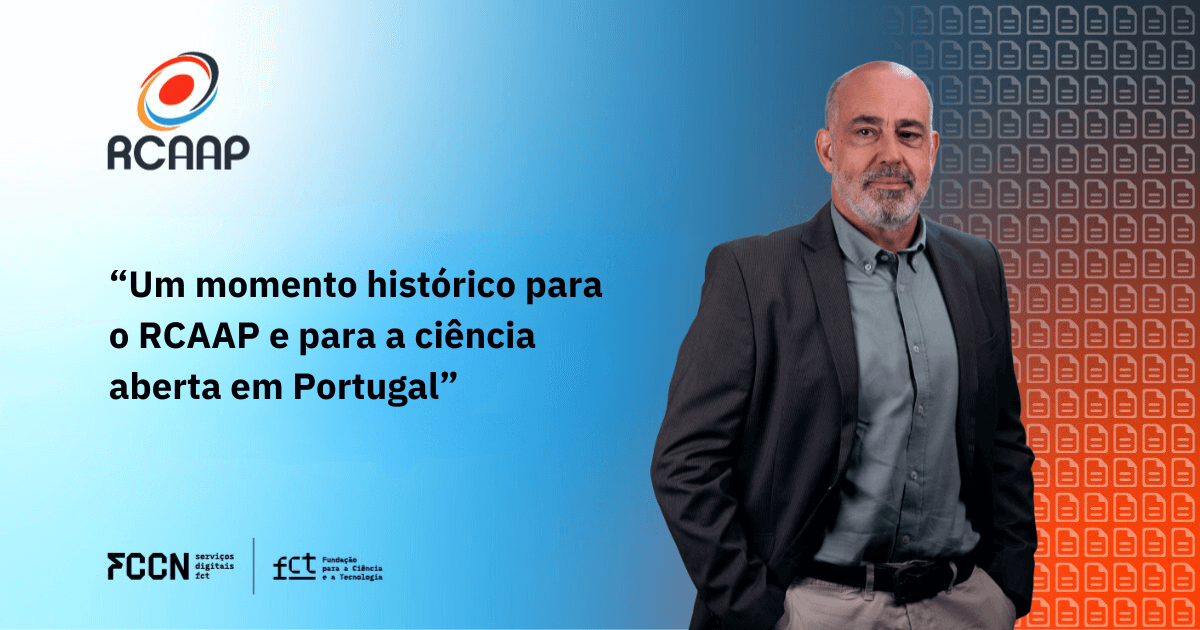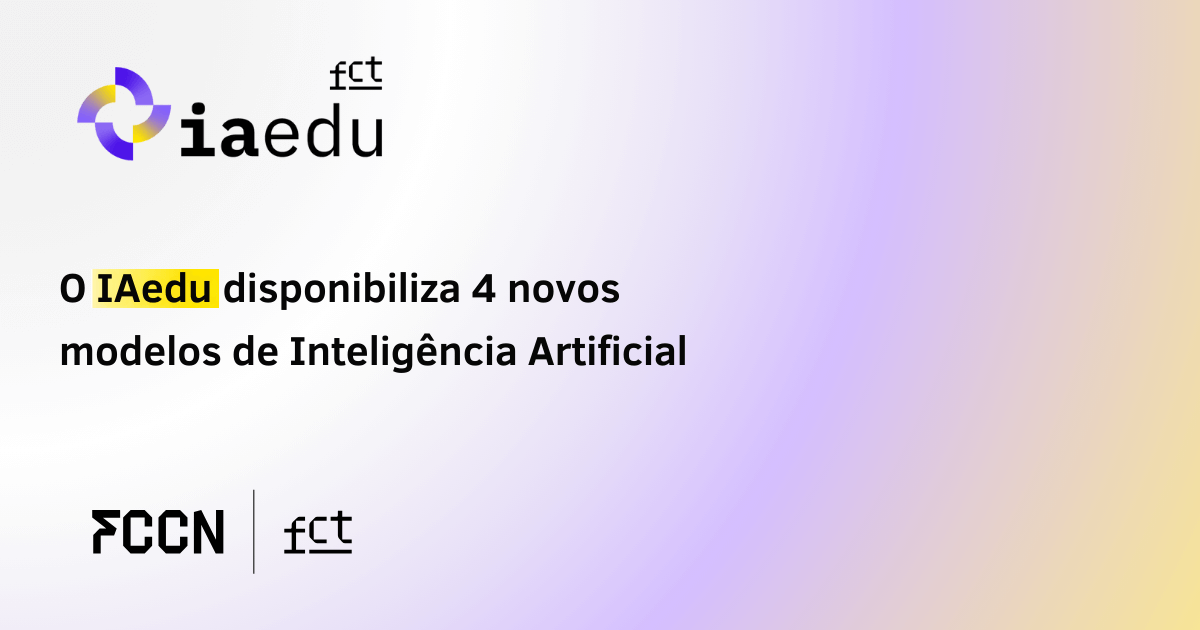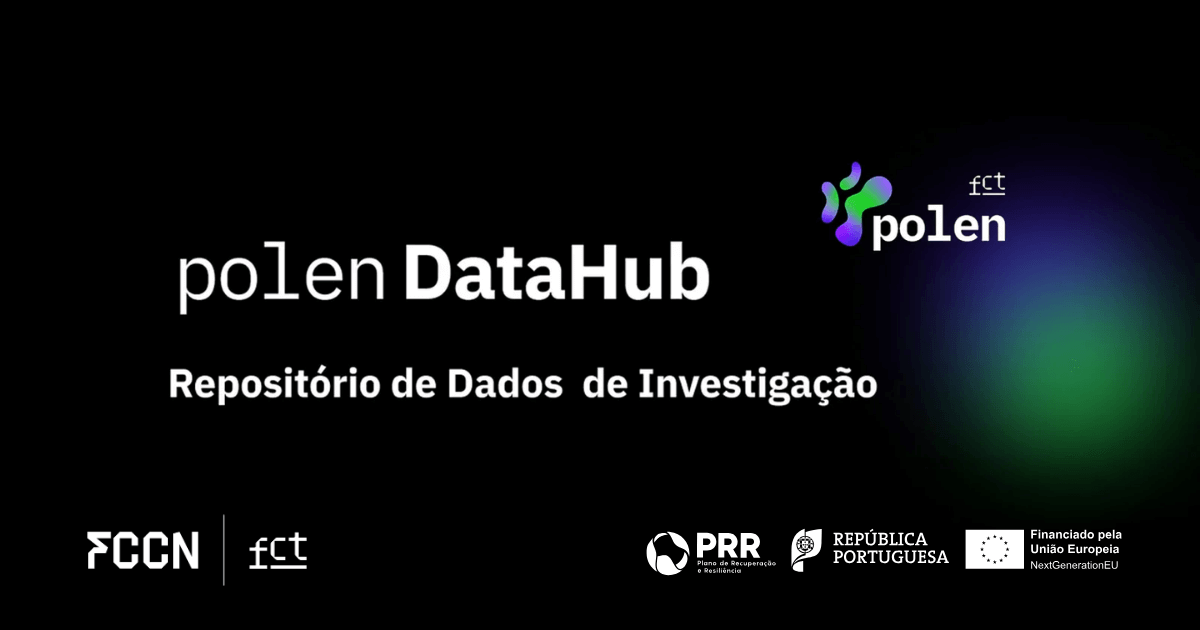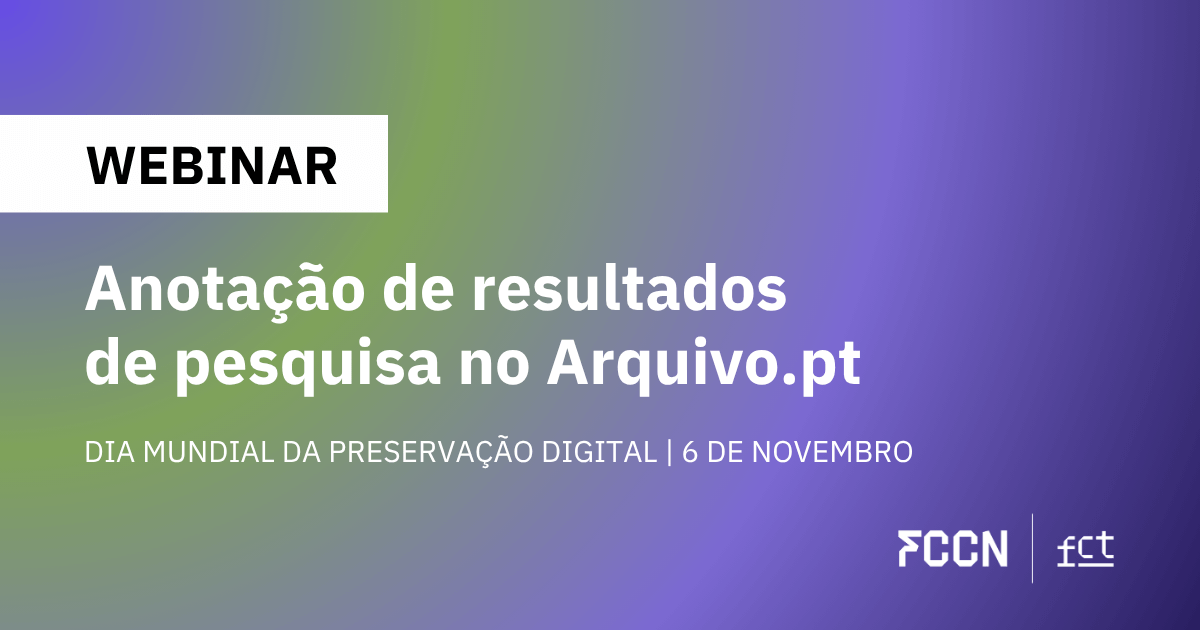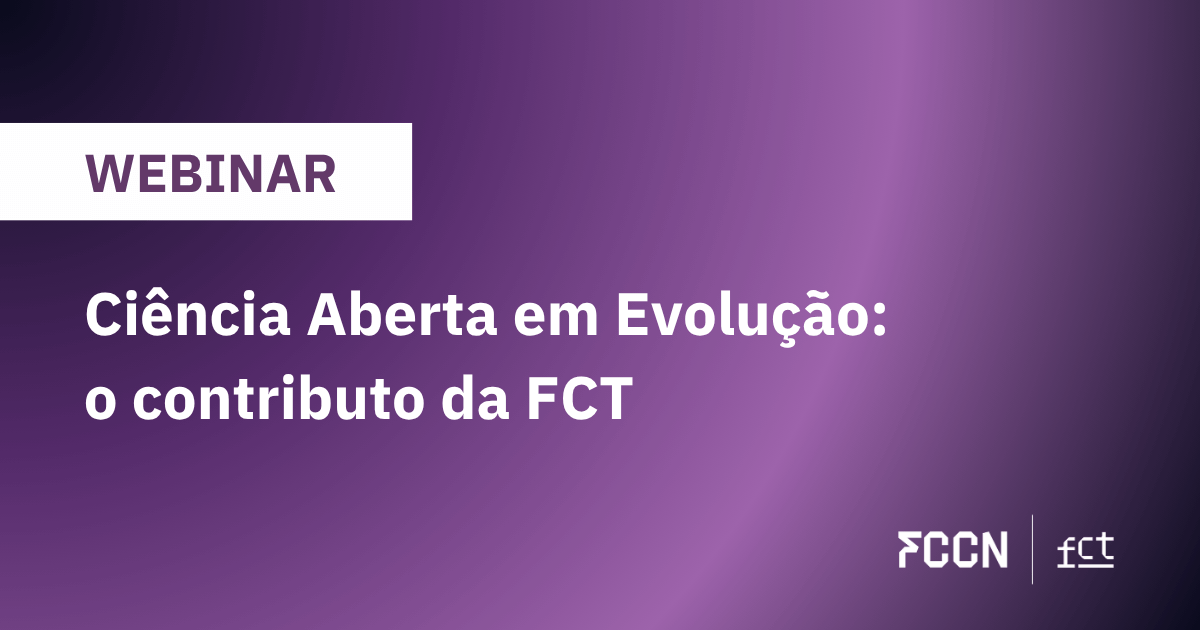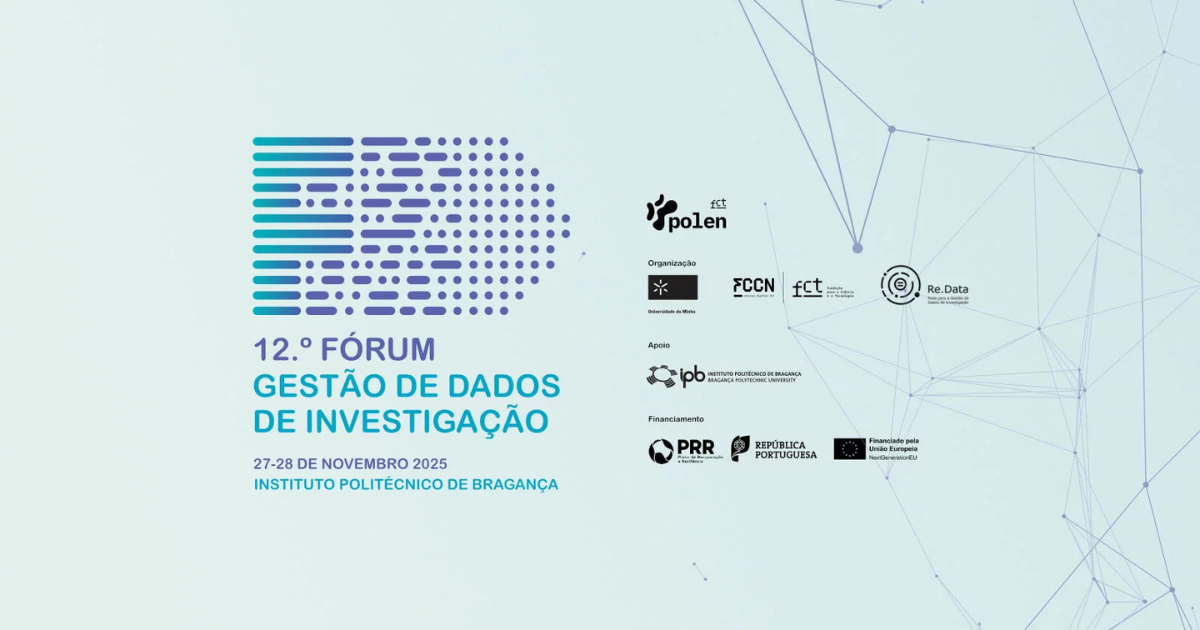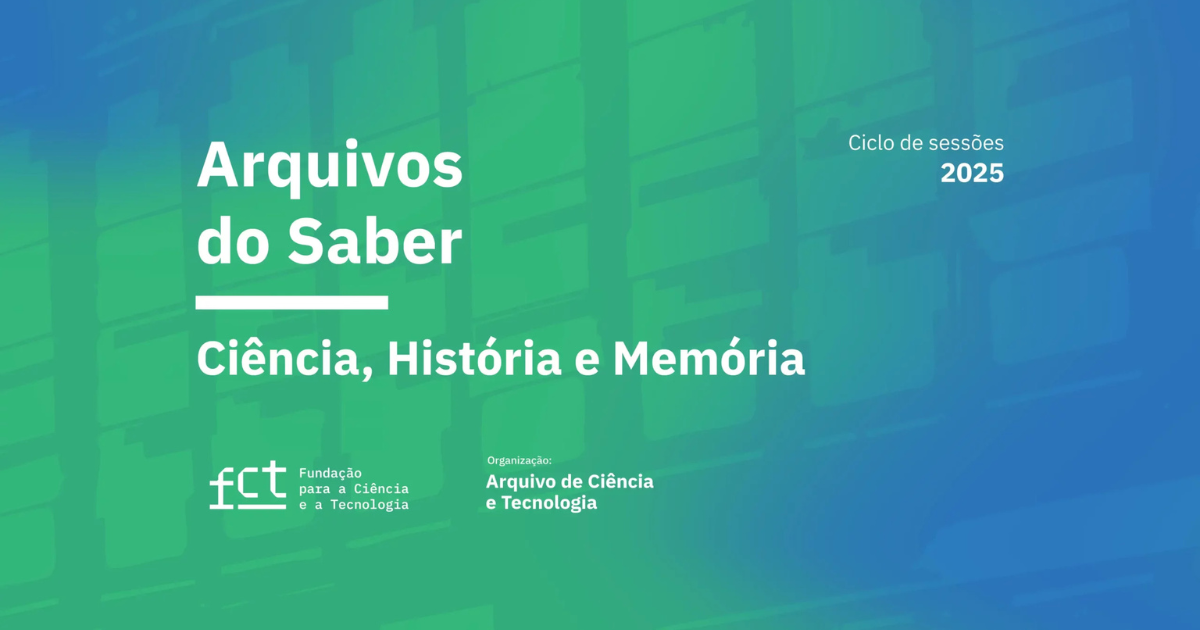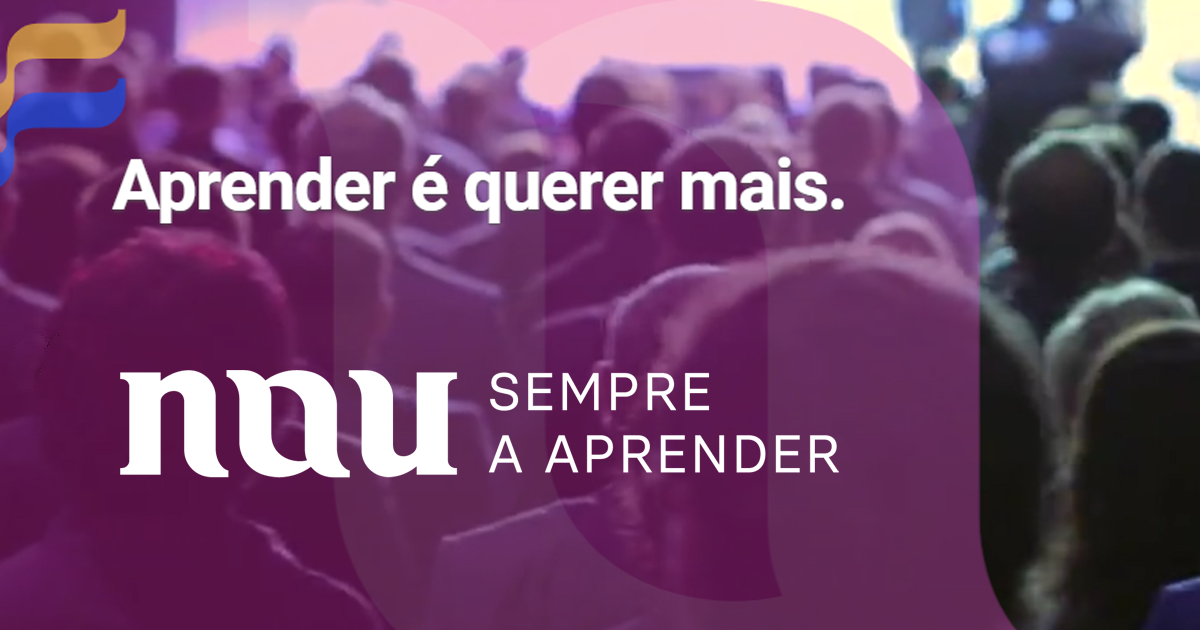

The current moment of uncertainty has forced us to change. The act of learning has changed.
It is now easy to understand how the challenges arising from the Covid-19 pandemic have led us to incorporate new paradigms in various spheres of our personal and professional livesThanks to new technologies, many activities that previously required our physical presence now only require a device with an internet connection, camera, and microphone. On the other hand, change has also reached our daily routines. The pandemic has often resulted in the creation of time extra (either due to fewer home-work trips or due to work layoffs or unemployment).
These two conditions are the starting point for an opportunity – distance learningWhile a few years ago, training sessions were held in person, today they can be conducted from the couch or the living room table. Besides providing greater comfort, this method also offers a strategic advantage: the possibility of adapting the work to the learning pace of each of us. For these reasons, in the current context, online training is seen as an opportunity for personal and professional development.
In the context we live in, the focus on adult education and training can still be seen as an instrument for professional requalification and reconversion. There are businesses that end and new businesses that emerge, many of them created in the new digital reality, so new skills will be required.
The digital sector, viewed across the board, offers significant opportunities, whether in terms of investment by companies opening operations in Portugal or in the digitalization of many processes and businesses to respond to the challenges posed by the pandemic. This trend will also result in the growing qualifications of citizens, which will enhance the use of new digital services, both public and private, in a positive cycle of evolution and growth. However, to respond to current economic changes, more and better qualifications are essential, and the question remains: How do the Portuguese position themselves in relation to training?

Digital literacy and learning
It's common to think of online learning as being accessible to anyone. Learning is accessible to everyone. However, it is only within reach of those who have access to the internet and digital skillsAnd this point continues to be a stumbling block for many citizens. In 2019, one of the most important reports on European education systems urged Portugal to increase the digital skills of its adult population. “Despite efforts under the INCoDe 2030 program, the ICT skills gap continues to grow significantly”, signals the Education and Training Monitor 2019, published every year by the European Commission.
The report advises Portugal to “improve the population’s skill level”. Especially their digital literacy. All to make adult education more suited to the needs of the job market. In the analysis of Education and Training Monitor 2019 There's good news and bad news for Portugal. Adult participation in lifelong learning has been growing, but it remains low. In 2018, only 10.3% of the population aged 25 to 64 invested in learning and participated in education and training. These figures are close to the European Union average of 11.1%, but lower than the target of 15% set for 2020.
The Covid-19 pandemic has accentuated this need and shown that technologies are a fundamental ally and that online education and lifelong learning They are an asset for those who want to improve their skills to advance their career, but also for those who need to prepare for their return to the job market.
How to be “always learning”?
There are several solutions available on the market for anyone looking to improve their skills or deepen their knowledge remotely. E-learning is a increasingly popular modality and, as such, has a growing number of platforms and solutions. Many of these solutions are free, as is the case with Massive Open Online Courses (MOOC)These courses are available just a click away, allowing you to learn while also managing your time according to your needs, balancing it with other tasks and priorities. This management not only doesn't hinder your performance but actually offers an opportunity to maximize it.
The MOOC market has seen significant growth worldwide. During 2019, more than 110 million students have attended Massive Open Online Courses (MOOCs), an increase of 10% compared to the previous year. In Portugal, since April 2019, it has been possible to use NAU Platform – Always Learning which provides access to online courses for large audiences in MOOC format.
For now, this national initiative, under INCoDe2030 and managed by the FCCN Unit of the Foundation for Science and Technology (FCT), which aims to develop education, offers 24 training courses, which focus on areas as diverse as Cybersecurity, Health, Education or Multimedia. You can learn more about this platform and the opportunity it may represent for your qualification by visiting https://www.nau.edu.pt/.
